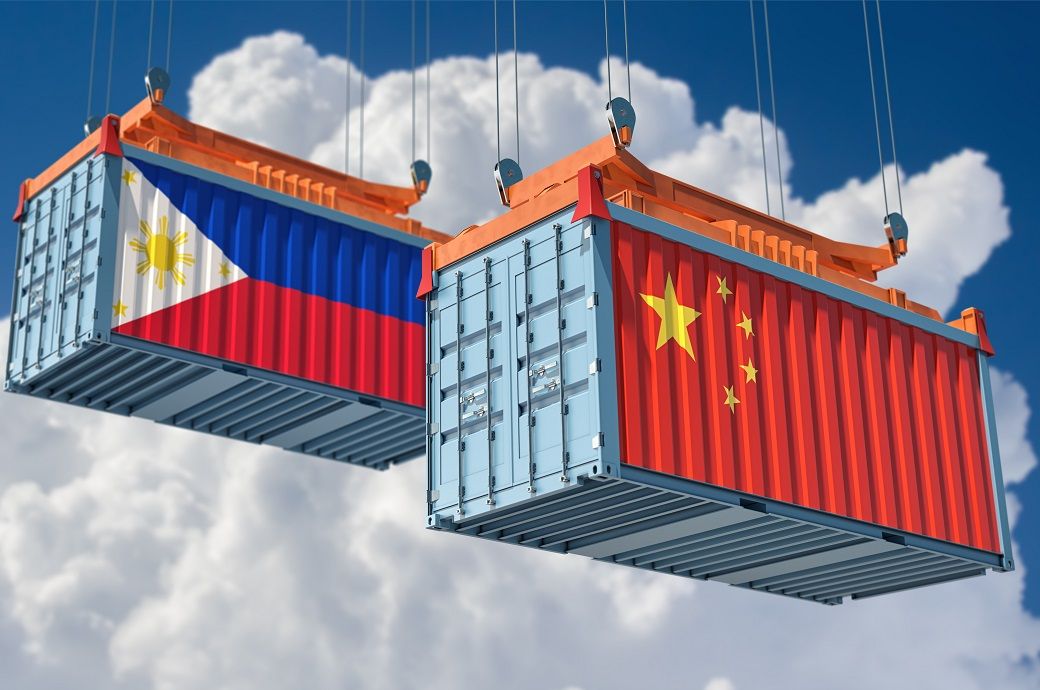

Trade data indicates that China is a net exporter of textile products such as garments, fabrics, yarn, and fibre. In bilateral trade with the Philippines, China exports garments and other textile products in larger quantities and values compared to its imports of these products.
China exported apparel worth $578.881 million to the Philippines during the first quarter of the current year, compared to $625.933 million in the first quarter of the previous year. The trade was noted at $792.634 million in the last quarter of 2022 and peaked at $797.563 million in the second quarter of the same year, remaining relatively stable in the subsequent quarters. However, there has been a significant decline in trade during the first quarter of the current year. The annual shipment was recorded at $2.981 billion in 2022, $2.767 billion in 2021, $2.814 billion in 2020, $3.019 billion in 2019, and $2.728 billion in 2018, according to Fibre2Fashion’s market insight tool TexPro.
China is a major supplier of apparel to the Philippines, although it also imports some apparel from the country. Imports from the Philippines amounted to $75.624 million in 2022, $74.833 million in 2021, $49.301 million in 2020, $63.638 million in 2019, and $65.354 million in 2018. Apparel imports from the Philippines were valued at $13.784 million in the first quarter of 2023, as per TexPro.
Similarly, China exports larger quantities of fabric, yarn, and fibre to the Philippines compared to its imports. However, the preferential duty rates agreed upon in the RCEP may benefit the Philippines by boosting its textile exports to China.
Fibre2Fashion News Desk (KUL)